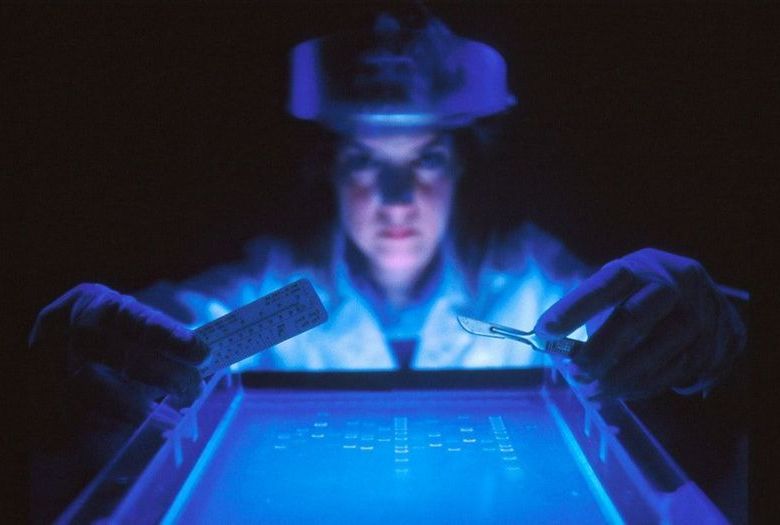Botnet is hard to detect and with no centralized control server, harder to take down.




Nearly three-quarters of older adults with dementia have filled prescriptions for medicines that act on their brain and nervous system, but aren’t designed for dementia, a new study shows.
That’s despite the special risks that such drugs carry for older adults—and the lack of evidence that they actually ease the dementia-related behavior problems that often prompt a doctor’s prescription in patients with Alzheimer’s disease and related disorders. In fact, some of the drugs have been linked to worse cognitive symptoms in old adults.
The study looks at several classes of psychoactive drugs, including ones that the federal government has actively encouraged nursing homes to limit using in residents with dementia. The new study suggests a need to reduce prescribing to people living at home with dementia, too.

A leading expert in socially responsible technology innovation Dr Andrew Maynard told us “I think Musk’s overreaching and he probably knows it.
”That said, Elon Musk has got a track record of doing things that other people said can’t be done. So I think that this is going to be an interesting space because of that… [But] I think we’re a long way from understanding how this works.
”Even with Elon Musk’s system you have around ten thousand electrodes. There are billions of neurons in your brain. It’s a needle in a haystack”.
The Tetrad Automated Causal Discovery Platform, a software and text project developed by Peter Spirtes, Clark Glymour, Richard Scheines and Joe Ramsey of Carnegie Mellon University’s Department of Philosophy, earned the “Leader” Award at the 2020 World Artificial Intelligence Conference this past July.
The Leader Award is one of four awards presented at the conference that aim to recognize “the best in terms of impact and innovation in AI”. There were over 800 nominees for the awards, including projects by Amazon, Bosch, Huawei, Nvidia, Open AI Lab, and Siemens, among others.

“I HOPE THIS STUDY CHANGES THE DIALOG AROUND HERPES RESEARCH AND OPENS UP THE IDEA THAT WE CAN START THINKING ABOUT CURE, RATHER THAN JUST CONTROL OF THE VIRUS.”
In a landmark study, researchers have successfully used gene editing to remove the oral herpes virus (HSV-1) in mice.
While previous research has mostly focused on treating and suppressing the sometimes painful symptoms of herpes, this study took a more radical approach by attempting to eliminate the virus altogether.
“The big jump here is from doing this in test tubes to doing this in an animal,” Keith Jerome, researcher at the University of Washington’s Fred Hutchinson Cancer Research Center and senior author of a new study about the research published today in Nature Communications, said in a statement. “I hope this study changes the dialog around herpes research and opens up the idea that we can start thinking about cure, rather than just control of the virus.”


Scientists investigating Alzheimer’s treatments at the Salk Institute have uncovered some key mechanisms that enable an experimental drug to reverse memory loss in mouse models of the disease. The discovery not only bodes well for the possibility of clinical trials, but provides researchers with a new target to consider in the wider development of compounds to counter the degenerative effects of the condition.
The research centers on a drug called CMS121, which is a synthetic version of a chemical called fisetin that occurs naturally in fruits and vegetables. The Salk team’s previous studies concerning CMS121 have produced some very promising results, with one paper published last year describing how the drug influences age-related metabolic pathways in the brain, protecting against the type of degeneration associated with Alzheimer’s. This followed earlier studies demonstrating how fisetin can prevent memory loss in mice engineered to develop Alzheimer’s.
Work continues at Salk to understand how exactly fisetin and the synthetic variant CMS121 produces these anti-aging effects on the brain. In their latest study, the researchers again turned to mice engineered to develop Alzheimer’s, which were administered daily doses of CMS121 from the age of nine months. This is the equivalent to middle age in humans, with the mice already exhibiting learning and memory problems before the treatment began.
100% vegan footwear.
